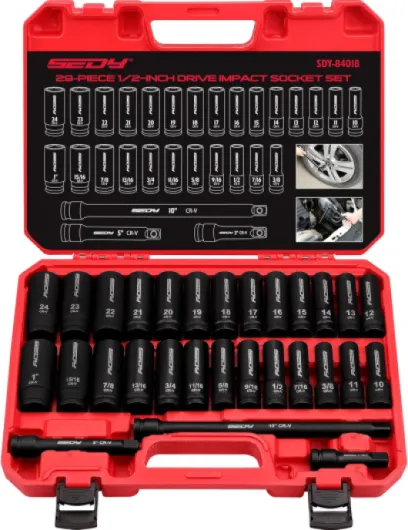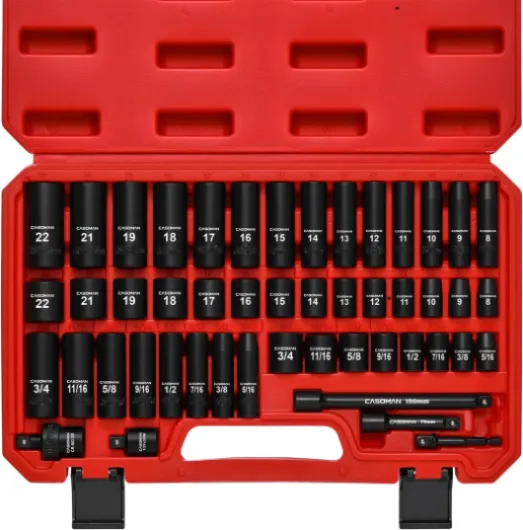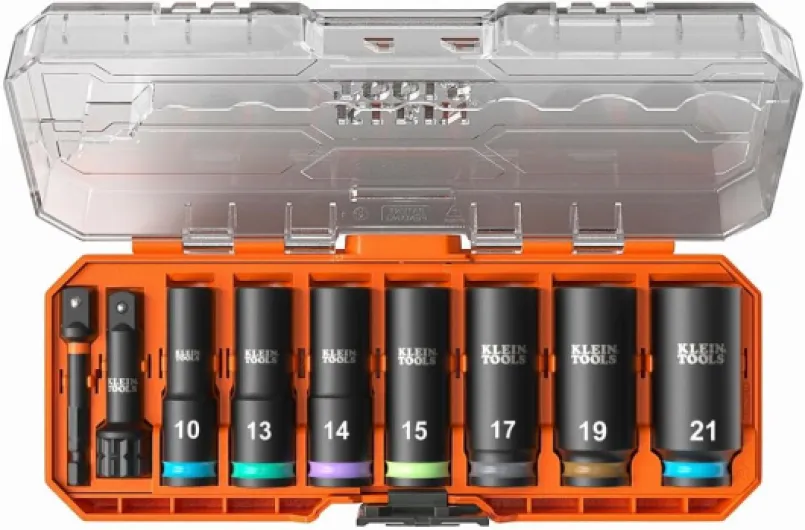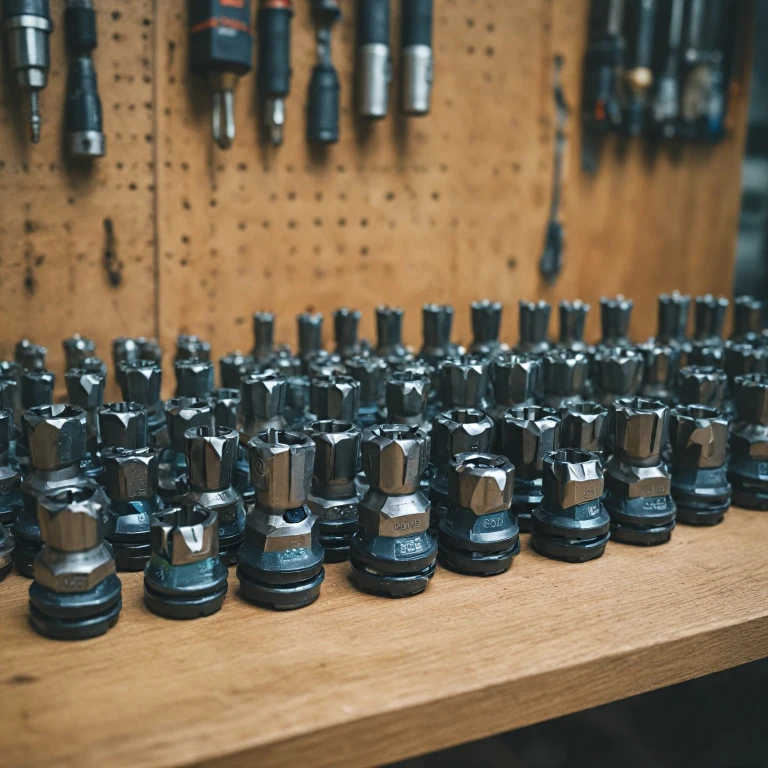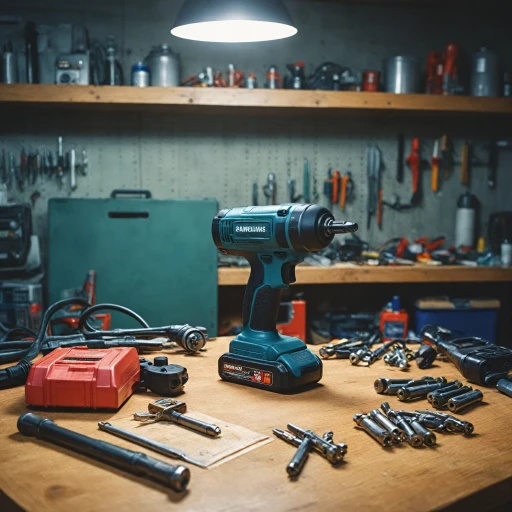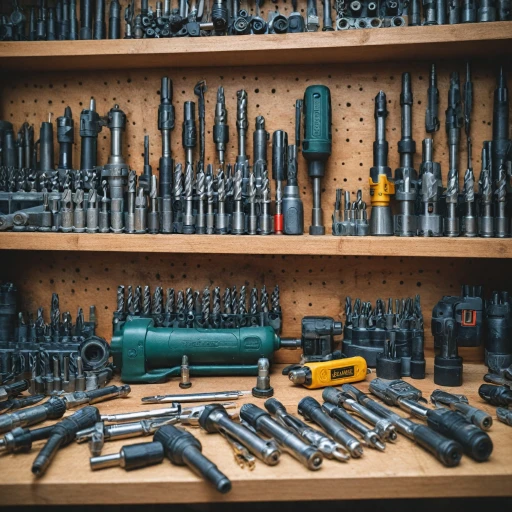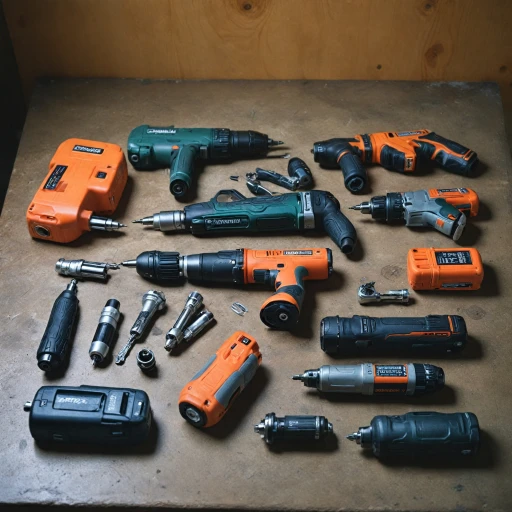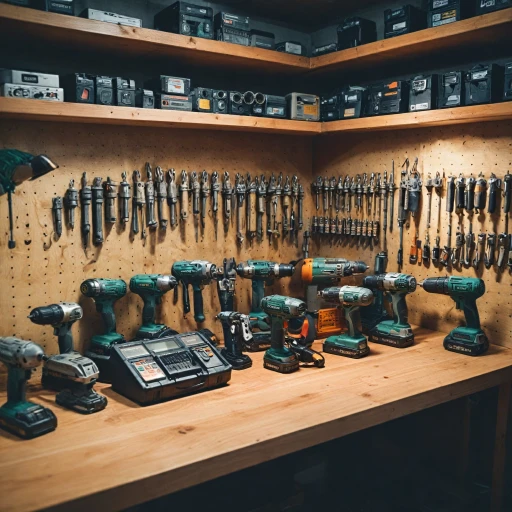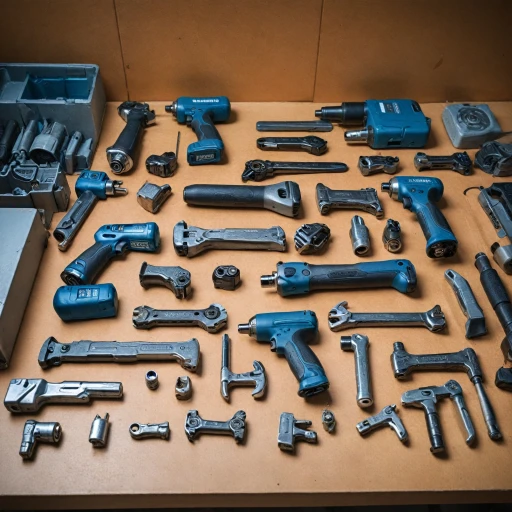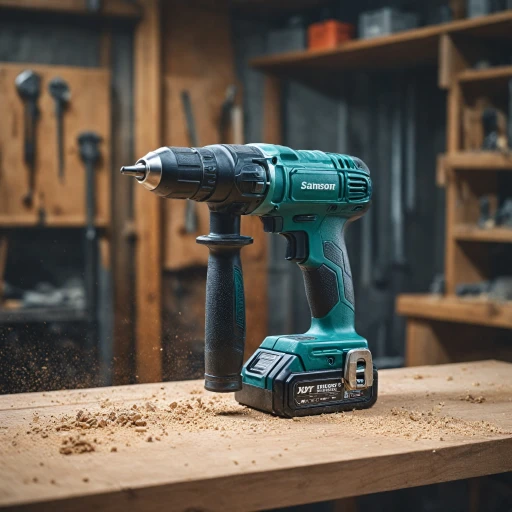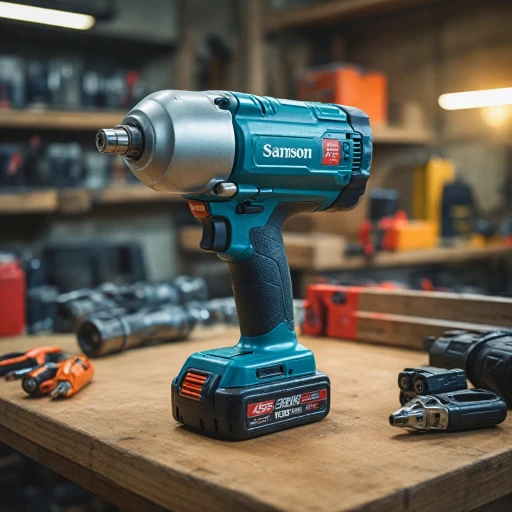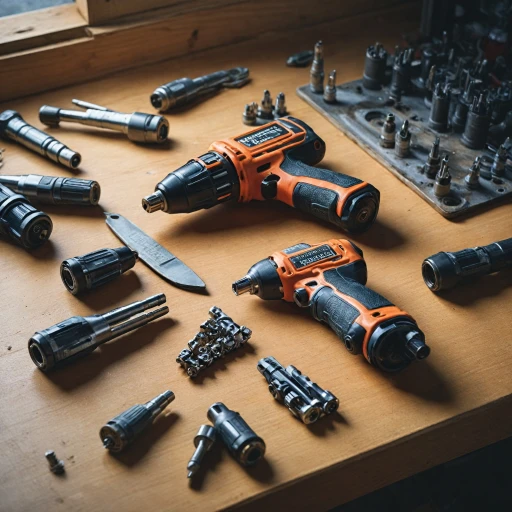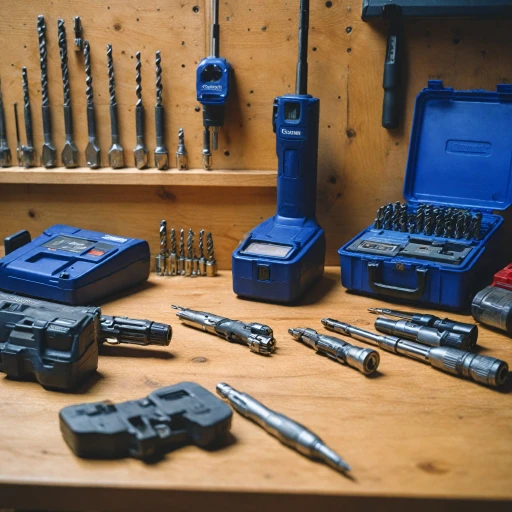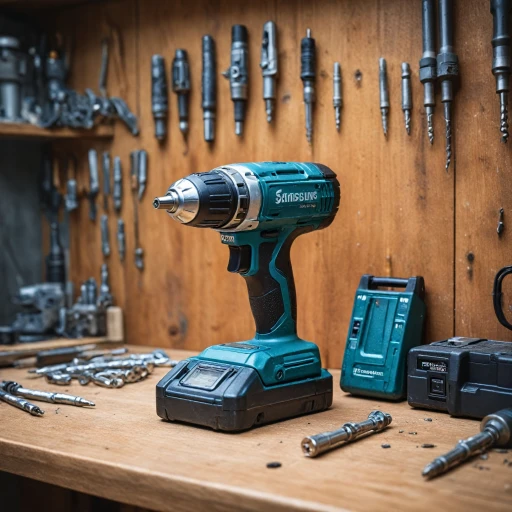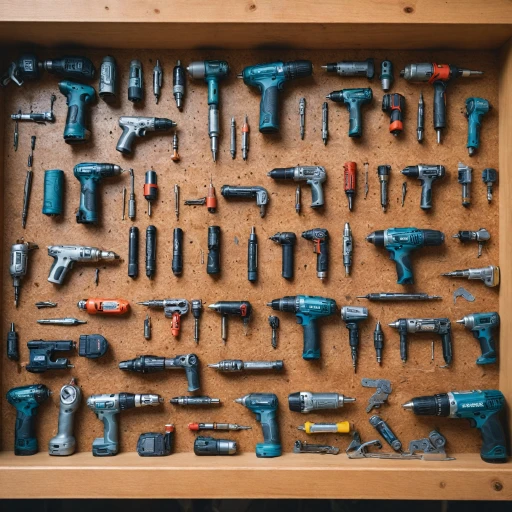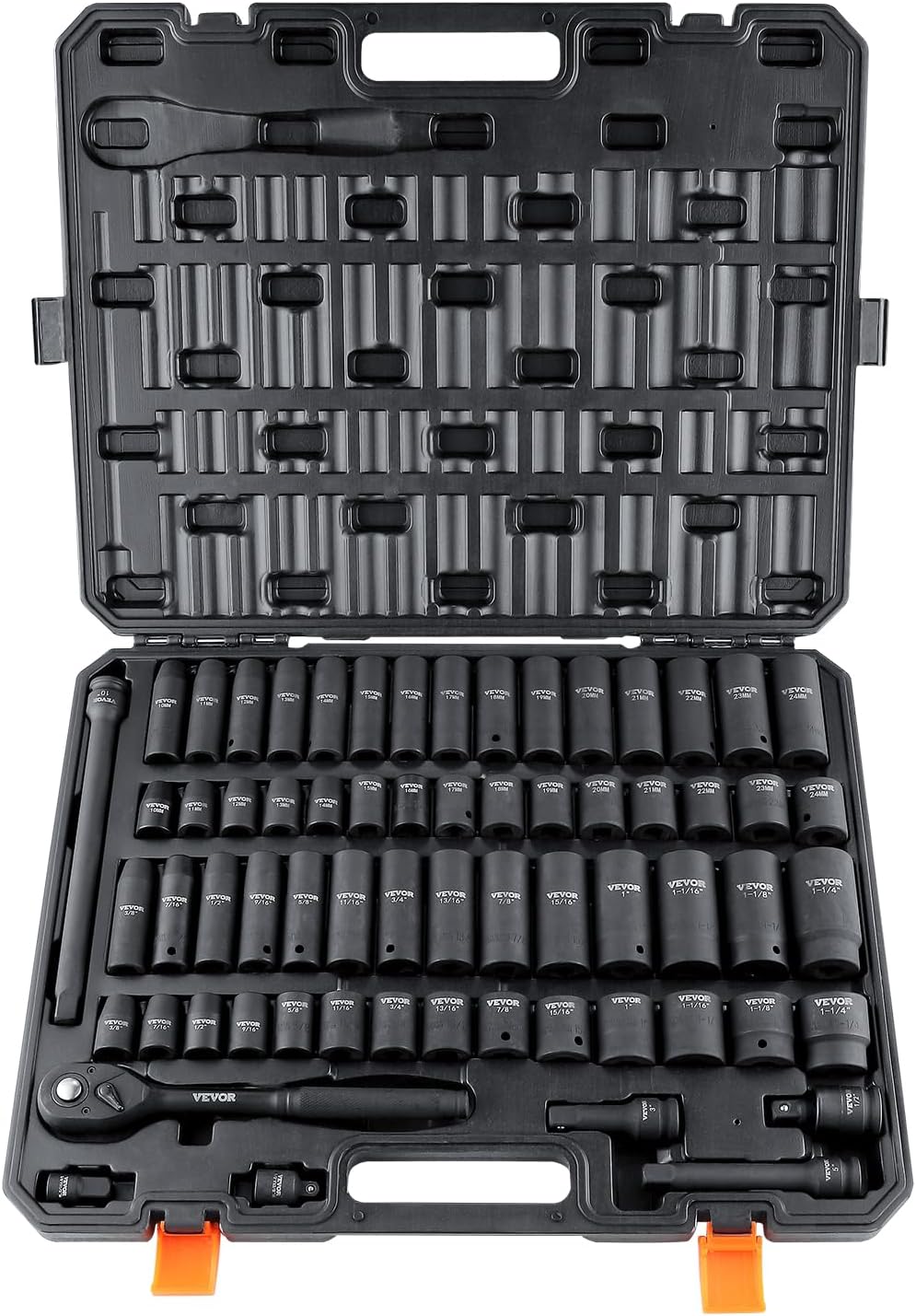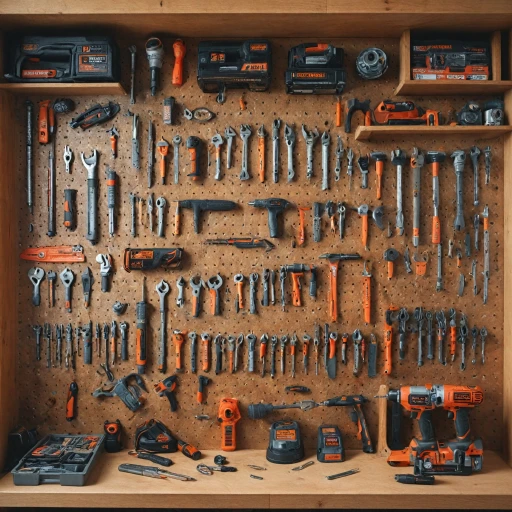
The Basics of Impact Sockets
The Role of Point Impact: Essential Knowledge
Impact sockets are a crucial component in a cordless drill set, serving a unique function that distinguishes them from regular sockets. At their core, they are designed to handle the increased torque and percussions involved in an impact wrench or driver. Unlike the standard deep or set pieces, impact sockets are typically constructed from robust materials, like chromium-molybdenum alloy steel, which ensures they can withstand higher torque levels without the risk of cracking or shattering.
These specially engineered sockets feature a thick wall and a black oxide finish, enhancing their durability and resistance to surface corrosion. This makes them indispensable for various applications, especially when dealing with high torque tasks. From a broad range of applications perspective, having the right impact socket in your drill set expands the toolkit's versatility, allowing for efficient completion of demanding tasks.
Impact sockets are available in different variants such as set standard, set metric, and even deep metric. This variety caters to diverse needs, whether it involves working with a metric point on a universal item or adapting from a semi-deep SAE nut length to an extra-deep drive requirement. When compiling a tool collection, understanding these details ensures that your socket sets are fully equipped to manage all potential challenges.

- + 65 pieces for a wide range of sizes
- + Includes both SAE and Metric sizes
- + Rugged construction for durability
- + Easy-to-read size markings for convenience
- + Includes storage case for organization

Why Impact Sockets Matter in Cordless Drill Sets
The Importance of Using the Right Socket in Cordless Drill Sets
When it comes to cordless drill sets, the right impact sockets are more than just a convenience—they're essential for efficiency and safety. Whether you're dealing with an array of nuts and bolts or working on surfaces varying from standard deep to semi-deep, having the correct impact socket in your set makes a significant difference.
One primary consideration is the type of socket set you employ, with variations that include metric point, set metric, and set standard. These distinctions are crucial when dealing with specific fasteners, as using the wrong socket can lead to wear and tear, or even damage to the equipment. Compare this to using the appropriate metric deep or deep metric sockets, which allows for a tighter grip, preventing slippage and ensuring smoother operation.
An often-overlooked factor is the distinction between universal sockets and those designed for specific applications, such as those in a set piece designed for deep sets. The universal type offers versatility across various drive sizes, while specific pieces metric might be tailored for particular tasks, providing a more secure fit.
Furthermore, the depth of the socket matters—an extra deep or set deep socket is ideal for recessed fasteners, offering the length necessary to reach what shorter sockets cannot. Whether you're working with deep sets or less reamed surfaces, knowing your equipment's specifications, such as those listed in the product details, allows for enhanced precision and competency.
Failure to match your impact socket set with your project requirements can lead to common pitfalls. For more insights into matching power and socket needs, explore our take on the unveiling the power of cordless battery impact wrenches. By understanding how your tools align, you can minimize costly mistakes and maximize performance.
Choosing the Right Impact Socket for Your Drill Set
Key Considerations When Selecting an Impact Socket
Choosing the right impact socket for your cordless drill set involves a few key factors that affect its performance and longevity. By understanding these considerations, you can optimize your drilling tasks and ensure compatibility with your equipment.- Set Type and Coverage
- Whether you're looking for a set standard or a set metric, it's crucial to explore what each set includes. Some prefer a mix of metric and standard, while others may prefer a piece metric or standard deep set, depending on the application.
- Drive Size
- The drive of the socket should correspond to that of your drill. Common drives include 1/4-inch, 3/8-inch, and 1/2-inch. Ensure compatibility to avoid inefficiencies in tool use.
- Socket Length and Depth
- Selecting between semi deep, deep metric, or extra deep sockets depends on your work requirements. Deep set and set deep sockets can be more versatile for accessing nuts and bolts in hard-to-reach areas.
- Material and Finish
- Durable materials like chrome-molybdenum make a significant impact on the product's lifespan. Certain finishes resist rust and corrosion, which can increase the longevity of your socket set.
- Point Configuration
- Point impact selection, such as 6-point versus 12-point sockets, affects grip and is essential if you're working with high-torque applications. Consider the specific details of your task to determine which configuration is best.
- Price and Stock Availability
- Comparing prices and checking stock can be practical steps in securing a good value purchase. It is essential to weigh the product details against price and stock availability.
Common Mistakes to Avoid with Impact Sockets
Avoiding Common Pitfalls: Working with Impact Sockets
Using an impact socket set can greatly enhance the efficiency and safety of your cordless drill set, provided you sidestep some frequent errors. Here's a concise guide to help you steer clear of these missteps.- Incorrect Socket Size: One often overlooked detail is ensuring the socket is the right fit for the nut or bolt you are working with. Using metric sockets on sae fasteners or vice versa can lead to stripping, so maintaining a clear view of your set's specifications is crucial.
- Mismatch with Drive Size: Another common mistake is mismatching the impact socket with the drive size of your tool. Be sure to inspect the drive size, whether you’re using a standard deep or extra deep socket, to guarantee a firm connection between the socket and the tool.
- Overlooking Point Impact and Surface Drive Differences: Not distinguishing between point impact and surface drive features can diminish performance. Ensure you understand the set point before making a selection, as the drive type affects torque application.
- Neglecting Set Piece Integrity: Regularly check if your socket sets have any wear or cracks, focusing on both metric deep and standard deep components. Over time, even high-quality sets can suffer from semi deep impact damage due to repeated use.
- Improper Tool Use: Using impact sockets in tools not designed for such high-force applications is a common oversight. This can prematurely wear the sockets. Always match the tool and socket capabilities based on product details.

